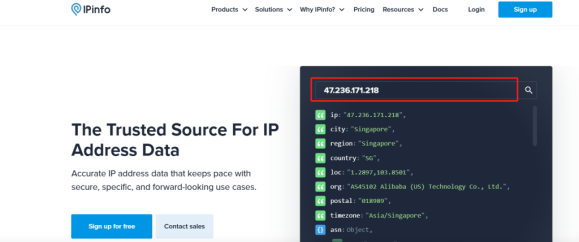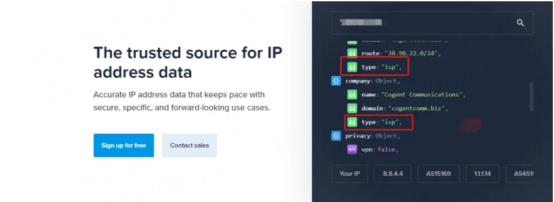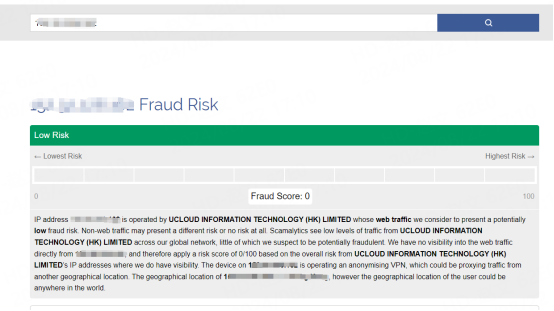How to describe the authenticity of residential IP
The Internet has become an indispensable part of people's lives. For many people, having a stable residential IP address has become increasingly important. However, with the increasing prominence of network security issues, how to determine the authenticity of residential IP has also become a topic of great concern.
1. What is a residential IP
Residential IP refers to the network address assigned to home users, which is different from the IP address of an enterprise or data center. It is usually assigned by an Internet Service Provider (ISP) and reflects the actual geographic location of the user. Since residential IP is directly associated with the home network of the real user, it plays a key role in ensuring the authenticity and security of network activities.
In cross-border e-commerce and advertising, residential IP can provide accurate user geographic data, thereby helping the platform to accurately market and personalize recommendations, improve user experience, and optimize resource utilization efficiency.
2. Why do you need to detect the authenticity of residential IP?
1. Maintain network security: By detecting the authenticity of residential IP, you can effectively prevent security threats such as network attacks and hacker intrusions, and protect user personal information and property safety.
2. Prevent network fraud: Some network fraud activities often use fake IP addresses, such as false advertising, false transactions, etc. Detecting the authenticity of residential IP can effectively reduce such fraud.
3. Legality and compliance: In some laws and regulations involving network use, there may be requirements for the use and management of residential IP addresses. Therefore, the authenticity of residential IPs is also tested to ensure that users use the network legally and in compliance.
Cross-border e-commerce platforms usually place advertisements based on the user's geographic location to improve the relevance and effectiveness of advertisements. If the traffic comes from a fake residential IP, it may lead to inaccurate geographical positioning of advertisements, thereby wasting advertising budget. By detecting residential IPs, the platform can ensure more accurate advertising and improve the return on investment.
3. Recommended tools for detecting and judging the authenticity of residential IPs
Official website: https://ipinfo.io
IPinfo is a comprehensive IP address data platform that provides detailed information and analysis functions about IP addresses. It allows users to quickly query data such as the geographic location, ISP (Internet service provider), and organizational information of IP addresses. Through its intuitive interface and powerful API, identify and prevent potential IP authenticity.

Enter the obtained IP address into the detection column, find the type column in the inspection report, if the type shows isp, it means that the IP is a residential IP, and the type is hosting, it means that the IP is a computer room IP.

Scamalytics.com
Official website: https://Scamalytics.com
Scamalytics.com is an online tool website that focuses on IP purity detection and IP address fraud behavior analysis. The website provides users with a simple and effective way to evaluate and manage the health and security of their IP addresses by detecting IP address fraud in real time.
Enter the IP address into the query bar, click on the test, and check whether the IP is high-quality in the test report output by the website

4. Frequently Asked Questions
Is the residential IP detection tool accurate?
Not necessarily. Although this article recommends commonly used IP detection websites in the industry, due to the discrepancies in the database of each website, the detection results cannot be guaranteed to be 100% accurate. You can test it according to the agent's needs website.
What other methods can be used to determine the authenticity of residential IP?
Network behavior analysis of IP addresses can help identify whether there is abnormal activity. For example, whether the IP address changes frequently, whether a large number of requests are made in a short period of time, etc. Use network monitoring tools such as Wireshark to analyze the traffic pattern and request behavior of the IP address. Pay attention to abnormal behaviors such as request frequency and access time of the IP address.
5. Conclusion
Detecting the authenticity of residential IP is an important step to ensure network security and prevent network fraud. By using IP query tools, checking IP history, detecting proxy or airport nodes, analyzing network behavior and verifying user identity, fake residential IP can be effectively identified, helping everyone to use IP tools better.


















































